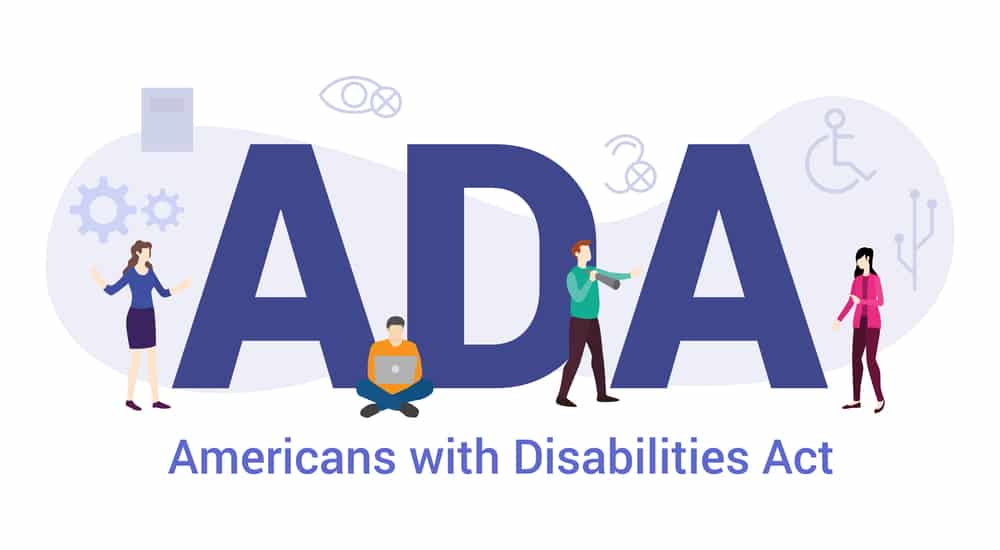Businesses are a source of employment, and everyone needs work or a source of income for basic survival. However, unemployment rates for people with disabilities remain high even when 70% of them are able and willing to work. Therefore, the (ADA) Americans with Disabilities Act, a federal civil rights law, requires all businesses with more than 15 employees to consider some basic employment provisions concerning employees and job applications.
ADA covers persons with mental impairment, physical impairments, and any other substantially limiting impairments. ADA protects only those qualified for a job but maybe denied the opportunity by the employer due to stereotypes, myths, fears, or medical conditions. The person must be able to perform the job’s essential functions with or without accommodation.
1. Offer Equal Employment For All
Everyone has a right to employment as long as they are qualified for a job. Employers should therefore never disregard a person seeking employment because of their disability. The disabled, too, have a right to be promoted just like the abled. They must be given access to all privileges and benefits such as training and health insurance and must never be harassed because of their impairments or disabilities.
2. Only Ask About Disability After Offering A Conditional Job Offer
Interview and application questions must focus on the actual job and not on the persons’ ability to work. Therefore, the questions should focus on the applicant’s training, skills, education, and whether the applicant can satisfy the job’s requirements and not on the applicant’s physical and mental impairments or previous compensation. It is, however, allowed to ask the applicant if they need accommodation to actualize their duties and goals.
3. Disability-Related Questions And Medical Examinations Must Be Done To All, Not One
Medical examinations and other disability questions must be directed to a person with a disability and every job applicant applying for the same post. An offer can only be taken away by the employer when medical examinations prove that the person with a disability will pose a danger to themselves and fellow employees if offered the job.
4. All Information Provided by The Applicant or Employee Must Remain Confidential
ADA requires that all information provided by an employee remain confidential, most especially if it is medical. Such information should not be placed on the regular personnel files; instead, it should be stored away and only accessible to designated officials. The ADA also recognizes that in some cases, the employer might need to disclose this information to specific parties within and outside of the organization. Thus it has restricted disclosure to managers and supervisors who may need to provide necessary accommodations for the employee, safety, and first aid personnel only when the employee requires emergency treatment, ADA personnel’s investigating compliance, and pursuant of insurance or workers compensation.
ADAs Expectations on Reasonable Accommodation
After giving a job offer to a disabled person, ADA expects employers to provide reasonable accommodation and undue hardship. Accommodations are modifications or adjustments provided to the employee to enjoy the same opportunities as other employees. The adjustments and changes vary and depend on the individual needs of that employee. For example, an employer should provide ADA-friendly automated doors that sense people’s presence for easy access to buildings. Also, they should give accessible walkways for people with physical disabilities, especially those in wheelchairs. This is done by building ramps instead of stairs and creating a ramp by the door rather than a doorstep.



